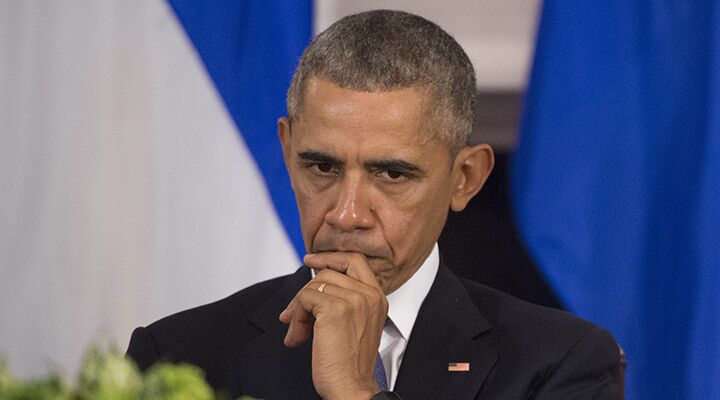
Confusion Among U.S. Boots on Afghan Ground
A recently declassified Pentagon report revealed confusion among United States troops over combat operations in Afghanistan. According to witnesses interviewed for the report, U.S. special forces were confused about how far they were allowed to engage in combat to help fight the Taliban.
The heavily redacted 700-page report followed an investigation into the botched airstrikes at a Doctors Without Borders hospital on Oct. 3, 2015.
American special forces in Afghanistan are technically considered consultants, not combatants. But when Kunduz fell to the Taliban for 15 days last September—the first time a major Afghan city fell to the militia since the war began in 2001—U.S. forces took a more offensive role.
The New York Times reported on May 8:
[U.S. President Barack] Obama has portrayed that combat role [in Afghanistan] as over. But as the Taliban in Afghanistan and the Islamic State in Iraq have threatened the delicate stability he hoped to leave behind, American forces are increasingly being called on to fight.
The fall of Kunduz “was clearly a desperate situation,” said Brig. Gen. Charles H. Cleveland, the spokesman for the American command in Afghanistan. The soldiers, he said, recognized that “if we don’t really provide some very strong suggestion, direction, whatever you call it—if we don’t get engaged with this quickly—we’re going to have a much larger issue.”
According to the report, the troops repeatedly asked for clarity but never received answers.
“Sadly, the only sounds audible were the sounds of crickets … though those were hard to hear over the gunfire,” said one soldier. “It’s not a strategy,” he said. “It’s a recipe for disaster in that kind of kinetic environment.”
Another soldier quoted in the report complained: “‘How far do you want to go?’ is not a proper response to ‘How far do you want us to go?’”
General Cleveland explained that the tragedy at the Kunduz hospital last year was what “restrained” U.S. forces from decisive engagement.
But other authorities disagreed. A senior official told Reuters: “The rules of engagement are trapped in the jaws of political confusion about the mission” in Afghanistan. Another military official pinned the blame on “moral cowardice” on the part of politicians who remain vague about combat missions so they can “reap the rewards of success without facing the responsibility of failure.”
The war in Afghanistan is the longest-running war in U.S. history. The Obama administration has revised and reversed pullback plans for American troops in the country multiple times.
Yet, as is the case in Iraq and Syria, the real commission of U.S. “boots on the ground” in Afghanistan appears as vague as ever.
